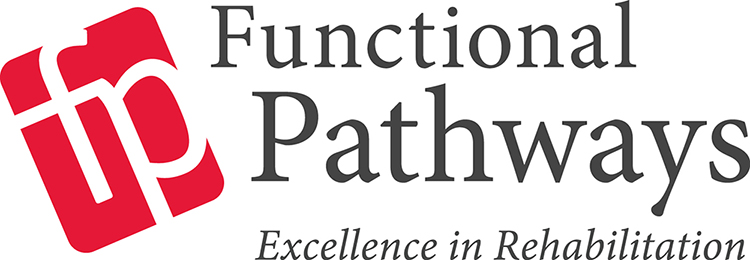Compliance — it is every provider and employee’s responsibility! So what exactly is a Compliance Program? A compliance program is a system of policies, procedures and processes developed by a provider to ensure observance with and conformity to all applicable federal and state laws governing the organization for doing the right thing.
In March of 2000, The Office of Inspector General (OIG) provided compliance guidance for health care industry sectors in the Federal Register / Vol. 65, No. 52 / Thursday, March 16, 2000 / Notices. This guidance from the OIG was “a major initiative to engage the private health care community in fighting fraud and abuse”. The OIG firmly believes “that a health care provider can use internal controls to better monitor adherence to laws and rules, regulations, and program requirements”.
The OIG has determined the following seven elements to be fundamental to an effective compliance program:
- Implementing written policies, procedures and standards of conduct
- Designating a compliance officer and compliance committee
- Conducting effective training and education
- Developing effective lines of communication
- Enforcing standards through well-publicized disciplinary guidelines
- Conducting internal monitoring and auditing; and
- Responding promptly to detected offenses and developing corrective action
Let’s focus on number four: Developing effective lines of communication. For effective communication between the compliance officer and all employees, the development of a process, such as a hotline or other reporting system, to receive concerns or complaints along with procedures to protect the anonymity of complainants, is imperative to the success of a compliance program.
- Access to the Compliance Officer is necessary for a compliance program to work effectively. Employees must be able to ask questions and report concerns/complaints confidentially and without retaliation. In addition to being the contact person for reporting problems, the Compliance Officer should be viewed as someone to contact for policy clarification(s).
- Hotline and Other Forms of Communication is necessary for a compliance program to work effectively. The OIG encourages the “use of hotlines, emails, newsletters, suggestion boxes, and other forms of exchanging information” to ensure there is an open line of communication. The hotline phone number should be made readily available to all employees, independent contractors, residents, and family members by placing the hotline number in conspicuous areas in the facility. Employees should be permitted to report concerns/complaints anonymously.
A successful compliance program is dependent on many factors. However, providers can ensure that internal reporting processes are in place and there is an “open door policy”, where employees feel comfortable reporting concerns/complaints internally within an organization. Employees must know and accept that there will be no retaliation for reporting. If employees feel they will be retaliated against for reporting, no one will come forward, therefore creating an environment to report outside of the facility. Other employees may not report due to a belief that their concerns/complaints won’t be taken seriously and/or nothing will happen after they report. Confidentiality is extremely important and policy and procedures should safeguard confidentiality and anonymity as much as legally possible.
The OIG has numerous resources available to providers who want to develop or enhance their compliance program. You can find them here .
Putting forth the effort of developing and maintaining an effective compliance program upfront will save time and resources in the long run.


Comments (0)